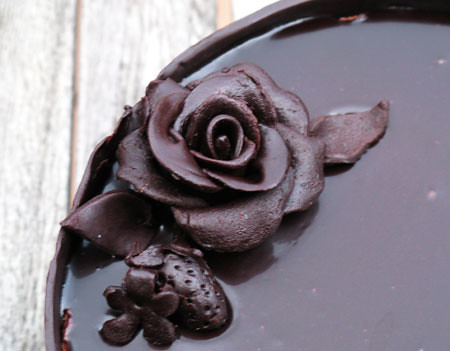 I have this thing about fudge. I don't know if it is a New England thing, a childhood thing, or what, I just know that when I was a kid, and it was summer, at some point there would be fudge. Miraculous stuff, made on marble slabs, creamy, rich and never, ever found at home. I suppose it had something to do with recipe cards that warned against making the stuff in cold weather, warm weather, humid weather, on a day that ended in the letter Y and any time between noon and four am, or something like that. whatever the reason, real fudge (not anything made with Fluff) was only found in shops, and sometimes those shops had Penuche.
I have this thing about fudge. I don't know if it is a New England thing, a childhood thing, or what, I just know that when I was a kid, and it was summer, at some point there would be fudge. Miraculous stuff, made on marble slabs, creamy, rich and never, ever found at home. I suppose it had something to do with recipe cards that warned against making the stuff in cold weather, warm weather, humid weather, on a day that ended in the letter Y and any time between noon and four am, or something like that. whatever the reason, real fudge (not anything made with Fluff) was only found in shops, and sometimes those shops had Penuche.Penuche originally referred to a coarse brown sugar, usually from Mexico. Around the turn of the 20th century, right around the same time that chocolate fudge was "invented", a brown sugar confection of similar texture to chocolate fudge started appearing under the name penuche. (Who knew the OED is an excellent food reference?) I found a recipe from 1919 from the book My Candy Secrets by Mary Elisabeth Evans for something called Mexican Penuchi that was made like fudge and contained three ingredients: brown sugar, molasses and water. The result tastes almost like it contains maple syrup, but the thing I wanted was the kind that my grandfather loved: buttery, creamy, a hint of vanilla, nuts. So I went forward two years and found a recipe for Panocha in a cookery textbook (yes, textbook) from 1921 that had exactly what I was looking for.
A note on fudge: seriously, if you are going old school and don't want to make fudge that contains corn syrup or marshmallow, you need a thermometer. It's going to be the closest you can get to an insurance policy. That being said, bad fudge that crumbles from overheating? Still tasty. I won't tell if you put it on top of your morning Cream of Wheat.
Penuche (adapted from Foods and Cookery by Mary Lockwood Matthews, 1921)
200 g brown sugar
200 g sugar
120 g milk
15 g butter
5 g vanilla
4 g salt
50 g toasted chopped nuts (pecans are common, I used hazelnuts)
1. Put sugars and milk in a large pot and stir briefly to combine. Boil to 238 degrees F and remove from heat.
2. Put butter, salt and vanilla on top of sugar mixture and DO NOT MIX. Leave it alone until the temperature drops to 110 F. This will help ensure small microcrystals rather than coarse crystals that taste gritty. In the mean time, warm your nuts a bit.
3. Add nuts and stir until your arm is about to fall off. The fudge will go from being shiny and glossy to dull and flat. Pour out on to a parchment lined sheet and mark for cutting. When cool, store in an airtight container
4. Fun Fact! Fudge is actually at its best the day after it is made, but those crystals do wonky things after that day, so better eat quickly!


